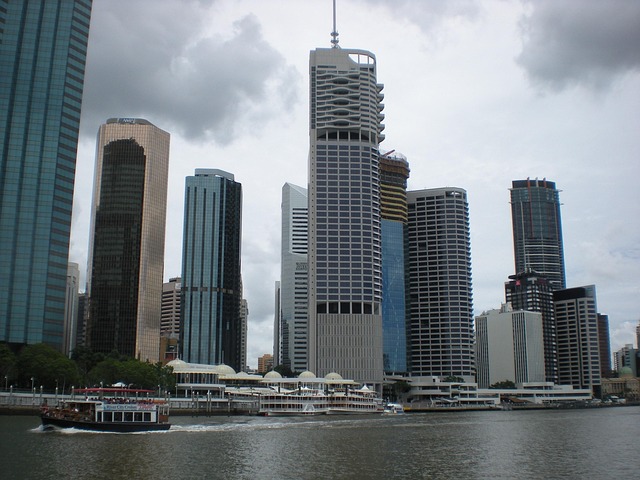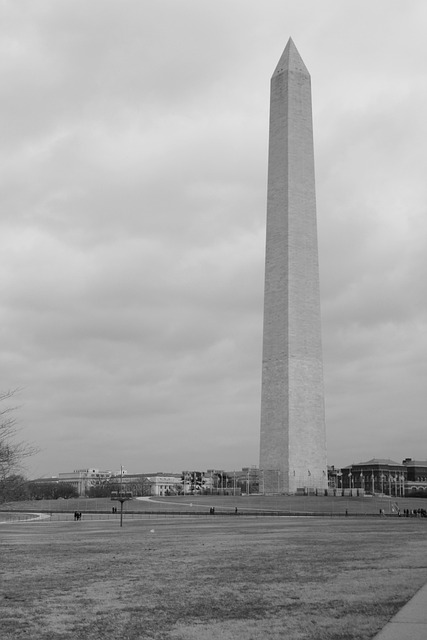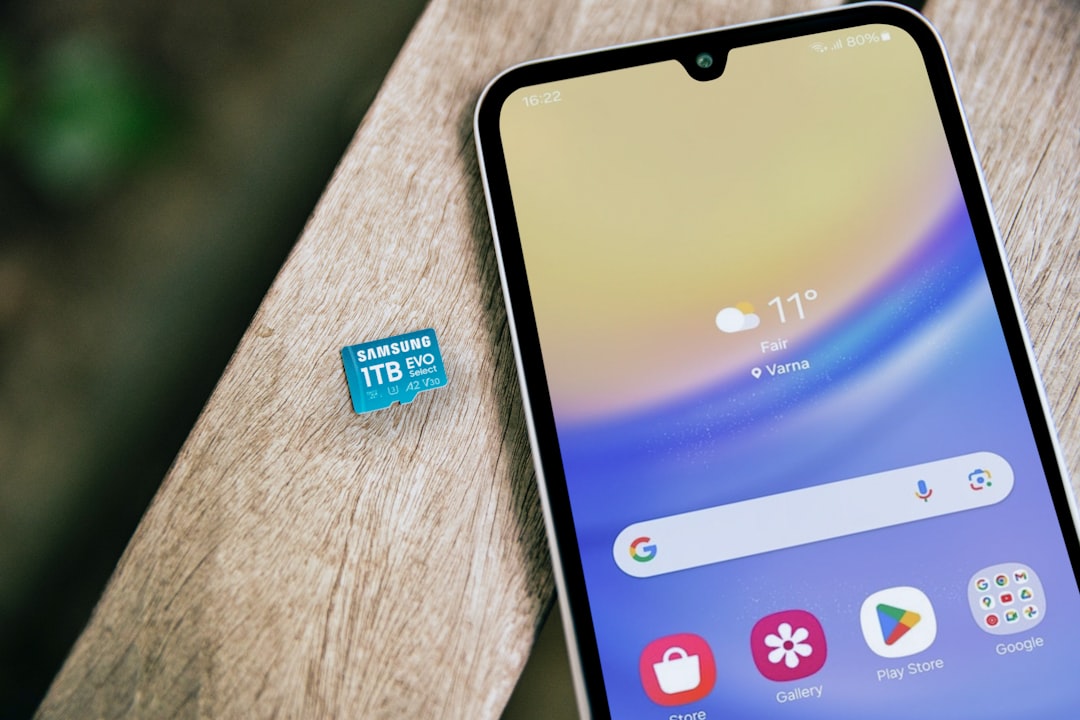In Washington, D.C.'s competitive business environment, adhering to the Telephone Consumer Protection Act (TCPA) is vital for tech firms and subscription-based companies to avoid spam calls, hefty FCC fines, and consumer backlash. Strict local regulations, enforced by spam call lawyers, govern automated communications like robocalls and text messages. To navigate this complex landscape, businesses must invest in training and technology, ensuring compliance while fostering consumer trust. Engaging experienced spam call lawyers in the District of Columbia is key to protecting brand reputation and staying competitive within the evolving subscription economy.
“In the dynamic landscape of the Subscription Economy, understanding TCPA (Telecommunications Consumer Protection Act) compliance is crucial for businesses operating in Washington, D.C. This article delves into the evolving regulations surrounding spam calls, specifically targeting the capital city’s unique considerations. With a focus on navigating the intricate legal framework, we explore practical strategies for companies to ensure adherence to TCPA standards, especially in an era where effective communication and consumer protection go hand in hand. Discover how spam call lawyers in the District of Columbia are revolutionizing compliance practices.”
Understanding the TCPA and Its Relevance in D.C.
In the dynamic landscape of the subscription economy, Washington, D.C.’s adherence to the Telephone Consumer Protection Act (TCPA) is paramount. This federal law, enforced by the Federal Communications Commission (FCC), was designed to curb excessive and unwanted phone marketing practices, protecting consumers from spam calls. Its relevance in the District is profound given its status as a bustling metropolis with a diverse business ecosystem. Many companies, especially those operating within the tech sector, must navigate the intricate web of TCPA regulations to ensure compliance.
The TCPA’s reach extends beyond traditional telemarketing, encompassing automated phone systems and prerecorded messages. In D.C., businesses engaging in text messaging, robocalls, or even live operator calls for marketing purposes must adhere strictly to these guidelines. Failure to do so can result in substantial fines and legal repercussions, making it imperative for spam call lawyers to guide companies through this regulatory maze. Understanding and respecting the TCPA is not just a legal obligation; it’s also a strategic move to build consumer trust and maintain a positive brand image.
The Subscription Economy: A New Focus for Compliance
In recent years, the rise of the Subscription Economy has significantly shifted consumer behavior and business models, with more individuals opting for ongoing subscriptions to services and products. This shift brings a new focus to compliance regulations, particularly in cities like Washington, D.C., where businesses must adhere to stringent rules, especially when it comes to telecommunication practices. The Telemarketing Consumer Protection Act (TCPA) plays a pivotal role in protecting consumers from unwanted spam calls and texts, ensuring fair business practices in this digital age.
With the Subscription Economy’s growth, companies are increasingly relying on automated communication systems to maintain customer relationships. However, this also opens up avenues for potential TCPA violations if not managed properly. Washington, D.C.’s proactive approach to consumer protection means that businesses must be vigilant and seek guidance from spam call lawyers to navigate the legal intricacies of TCPA compliance, ensuring their marketing strategies are effective while remaining within legal boundaries.
Navigating Spam Call Regulations in Washington, D.C.
Navigating the complex landscape of spam call regulations in Washington, D.C. is a critical aspect of maintaining compliance within the subscription economy. The District of Columbia has stringent laws in place to protect residents from unwanted telemarketing calls, and adhering to these regulations is essential for businesses to avoid legal repercussions. Engaging the services of experienced spam call lawyers is a strategic move for companies aiming to navigate this regulatory environment smoothly.
These legal experts possess in-depth knowledge of the Telemarketing and Consumer Fraud and Abuse Prevention Act (TCPA) and its local interpretations, ensuring businesses remain compliant while safeguarding consumer rights. With ever-evolving regulations, staying informed and proactive is key. Spam call lawyers assist companies in understanding the nuances of D.C.’s laws, helping them implement effective do-not-call practices and safeguard their subscription-based business models from potential legal challenges.
Strategies for Businesses to Ensure TCPA Compliance
To ensure TCPA (Telemarketing Consumer Protection Act) compliance in Washington, D.C., businesses operating within the subscription economy must implement robust strategies. First, invest in comprehensive training for your staff to understand the nuances of the law and best practices for avoiding spam call lawyers’ involvement. This includes strict adherence to do-not-call lists and proper consent management, ensuring every customer interaction aligns with TCPA guidelines.
Second, leverage advanced technology solutions that automate compliance processes, such as automated caller identification systems and robust data management platforms. These tools can help filter out invalid numbers and manage customer preferences more effectively. Regular audits of your marketing campaigns are also crucial to identify potential breaches early on. By combining these strategies, businesses can significantly reduce the risk of TCPA violations and maintain a positive reputation in the District of Columbia.






